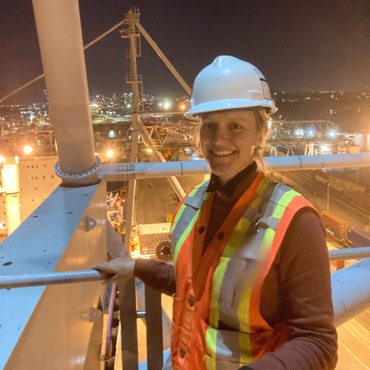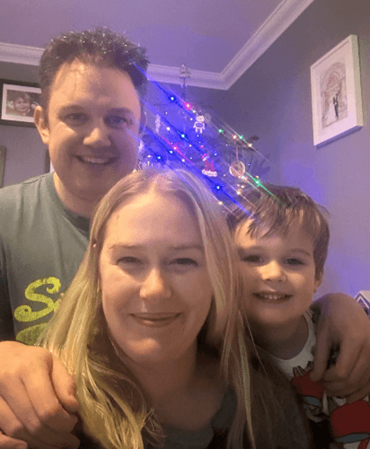Let’s find your next opportunity
AI Assistant: {{ chat.assistant.message }}
Suggested roles matches
Sort By
{{ job.job_posting_title }}
{{ job.is_cms_job ? (job.cities.split(';').length > 1 ? 'Various locations' : job.location_mappings[0]) : (job.location_mappings.length > 1 ? 'Various locations' : job.location_mappings[0]) }}
We are sorry there are no jobs that match your exact criteria. Try a new search term, or use the filters to continue browsing for available opportunities.
Suggested roles matches
{{ job.title }}
{{ [job.cities[0], job.regions[0], job.countries[0]].join(', ') }}
Various locations
We are sorry there are no jobs that match your exact criteria. Try a new search term, or use the filters to continue browsing for available opportunities.
Let’s find your next opportunity
{{ job.job_posting_title }}
{{ job.is_cms_job ? (job.cities.split(';').length > 1 ? 'Various locations' : job.location_mappings[0]) : (job.location_mappings.length > 1 ? 'Various locations' : job.location_mappings[0]) }}
The Middle East is on a mission to become more sustainable.
As investment increases in many sustainability-focused mega-projects across the region, the demand for talented professionals in Project Management rises.
Lead Planners are just one example of individuals with expertise who are driving growth in the region.
Today, we'll draw attention to the Lead Planner's job description, roles, and responsibilities with a look into areas they help shape the future.
What is the role of a Lead Planner?
Lead planners play a crucial role when it comes to project success. Through meticulous planning, coordination, and control, lead planners are highly skilled in what they do.
A Lead Planner works within our brilliant Project Controls team alongside project managers and technical discipline leads. They're experts when it comes to producing, updating, and reporting on project programmes and schedules while also presenting to stakeholders and communicating progress.
Collaboration is key in this role and there's always the opportunity to work with a wide variety of clients on multidisciplinary projects.
The breadth and depth of this role will see you work on a wide variety of state-of-the-art projects across the Middle East.
With initiatives and policy focuses like Saudi Vision 2030 and Dubai Industrial Strategy 2030, construction projects and infrastructure are booming. From NEOM to the Red Sea Project, there's plenty you can lend your talent and innovative ideas to while boosting your career.
Lead Planner responsibilities
The responsibilities of lead planners can vary significantly depending on the client's location and the nature of the construction projects they are involved in, making this a diverse and fulfilling role.
Here are some responsibilities our lead planners demonstrate in their day-to-day in AtkinsRéalis Middle East:
- Oversee aspects of Project Programme and Project Controls.
- Attend and guide client progress meetings while building relationships and maintaining regular client contact.
- Develop comprehensive project plans, define scope, timelines, and milestones.
- Identify and manage resources along with any project deviations and slippages.
- Ensure that all issues within the programme are highlighted and understood by Senior Management and provide appropriate planning advice.
What skills do you need to be a good planner?
There's a variety of skills that set lead planners up for success. We've compiled a list below of some of the most essential:
- Analytical thinking: strategic and logical thinking are vital to creating plans and producing reports.
- Communication: lead planners spend a lot of time communicating with multidisciplinary teams and clients across various projects. As a result, it's essential to be skilled in collaboration, active listening, and presentation.
- Project management: proficiency in overseeing and managing projects including scheduling, resource allocation, and monitoring progress to ensure successful and timely completion.
- Leadership: helping the wider project team reach common project milestones in line with the client's expectations.
Take your lead planning career to the Middle East with AtkinsRéalis
Are you ready to take up a vital role in shaping some of our exciting projects across the Middle East?
How about joining our talented team, where everyone has a voice, and together we face our clients' problems head-on?
It's a diverse and inclusive work environment where world-class talent knows no distinctions. At AtkinsRéalis, you're in the driver's seat when it comes to your career growth and development.
Look into our planning roles today for a career where you can engineer a better, sustainable future.
Related blogs
Related jobs

Everyone belongs
We empower each individual to shine and contribute to our collective impact. We believe in the power of unique perspectives. It’s how we’re engineering a better future every single day.













